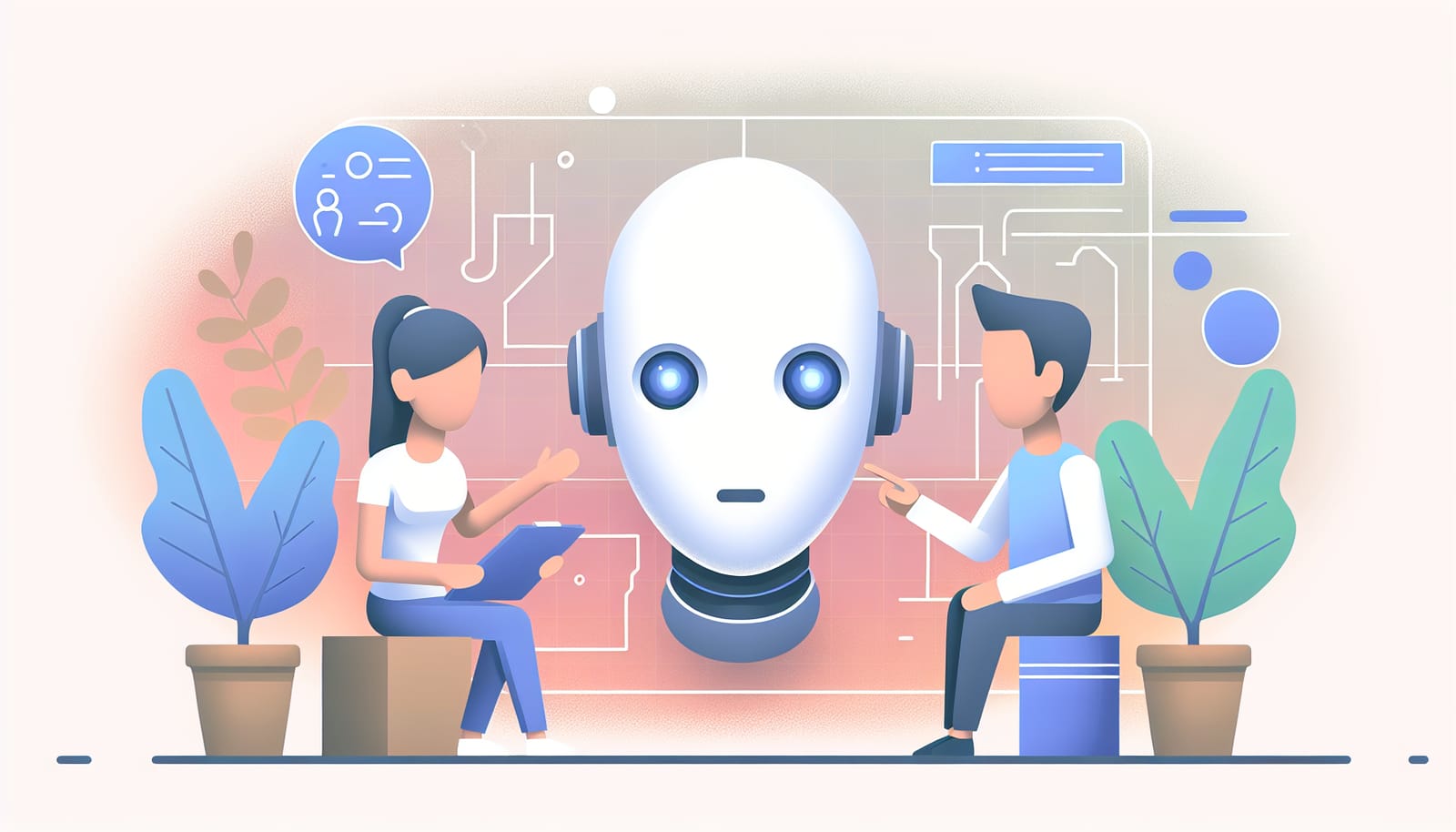Artificial Intelligence (AI) is no longer a futuristic concept; it’s a part of our everyday lives, and it's evolving rapidly. From the way we communicate to how we navigate our cities, AI is reshaping our world in ways we may not even realize. While many celebrate its benefits, experts also caution about the potential risks that come with such powerful technology. Let’s explore how AI is impacting our daily lives and what we need to keep in mind as we embrace this exciting innovation.
What is AI and Why is it Important?
AI refers to computers and systems that can perform tasks typically requiring human intelligence. This includes recognizing speech, making decisions, translating languages, and even creating art! Imagine a robot that can help you with your homework or a program that can write a story for you. That’s the magic of AI!
As technology advances, AI is becoming more integrated into various industries. It aids doctors in diagnosing diseases, helps farmers optimize their crops, and even assists artists in creating new forms of art. The potential of AI seems limitless.
The Rapid Rise of AI
The AI boom kicked off just a couple of years ago, with some of the first commercially available products emerging in late 2022. David Sacks, a prominent figure in the tech world, emphasized that we are only beginning to scratch the surface of what AI can do. Over the next few years, we can expect AI to evolve from text-based applications to more visual formats such as video and audio.
Margarita Grubina, a voice-cloning expert, compared this transition to the evolution of books. Just as we have paper books and e-books, we will have traditional content alongside AI-generated content, catering to different audiences. This diversity in media will enrich our experiences, allowing us to choose how we consume information.
AI in Everyday Life
While many might think they don’t interact with AI daily, the truth is that most of us do! AI is embedded in many tools and services we use, often without our knowledge. For example, social media platforms use algorithms to tailor the content you see based on your interests. Your navigation apps analyze traffic in real-time to provide the quickest routes, and smart thermostats learn your habits to maintain a comfortable home environment.
Jensen Huang, founder and CEO of NVIDIA, shared that he uses multiple AI systems daily to gather information and enhance his decision-making. This shows how AI can assist anyone in becoming more informed and efficient.
The Business Impact of AI
AI is not just changing how individuals live; it is also transforming businesses. According to recent polls, a significant number of small businesses have started using AI to improve their operations. From automating customer service to analyzing sales data, AI helps businesses become more efficient and responsive to their customers' needs.
Joseph Dominguez, President and CEO of Constellation, highlighted the real demand for AI technologies. As these tools continue to develop and improve, businesses will have to adapt and grow alongside them. This could lead to more job opportunities and better products for consumers.
The Concerns Surrounding AI
Despite the many advantages of AI, there are also concerns that cannot be ignored. Many experts warn that as AI becomes more powerful, it could pose risks to society. In March 2023, a group of tech leaders, including Elon Musk, called for a pause in AI development, citing fears that unchecked AI could lead to harmful consequences.
One major concern is the potential for job loss as AI systems become capable of performing tasks traditionally done by humans. However, many experts believe that rather than replacing jobs, AI will augment human capabilities, allowing people to focus on more complex and creative tasks.
Brad Smith, President of Microsoft, emphasized the importance of using AI to enhance our thinking rather than relying on it entirely. This sentiment echoes the idea that while AI is a powerful tool, it is our responsibility to ensure it is used wisely.
The Future of AI: Opportunities and Challenges
As we look toward the future, the possibilities with AI are exciting. It has the potential to revolutionize industries, improve our quality of life, and solve complex problems. However, it’s essential to approach this technology with caution. The internet, which serves as a foundation for many AI systems, may not have an endless supply of useful data, and researchers are concerned about the sustainability of training AI on information generated by other AI systems.
Gregory Allen, a senior adviser on AI, noted that the growth of the internet may not keep pace with AI's development. This highlights the need for ongoing human creativity and innovation to fuel AI's progress.
Conclusion: Embracing AI Responsibly
The AI boom is reshaping our daily lives in profound ways, making it a crucial part of our future. As we embrace these advancements, we must also remain vigilant about the potential risks. By understanding both the benefits and challenges of AI, we can work toward a future where technology enhances our lives while ensuring safety and ethical considerations are at the forefront.
As we move forward, remember that AI is here to assist us, not replace us. The key is to harness its power wisely and responsibly, ensuring that it serves humanity’s best interests. Together, we can navigate this exciting journey into the world of artificial intelligence, unlocking new possibilities and improving our lives for generations to come.


